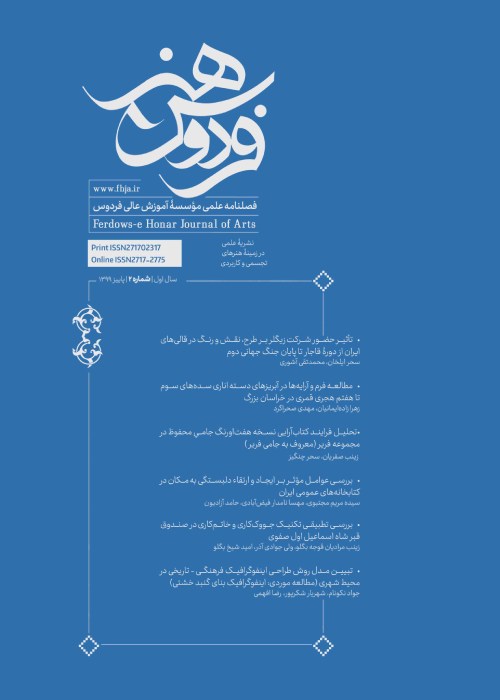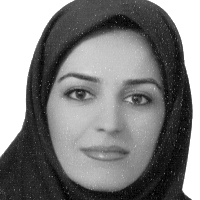Explaining the social foundations of Islamic architecture and urban planning in the Qur'an, based on the transition from capital to social theory
Conceptually, the category of "social capital" has a history as old as the formation of a human settlement. That is, the need of humans for each other's abilities and productions was and is the main factor in the formation of social relations and social participation of the type of "cooperation". Throughout history and with the formation and expansion of these communities, the interactive processes required by the social man have led to the formation of "community relations". Sociologists consider two major reasons for this in addition to the material needs of social man: firstly, the need for support against life's adversities and secondly, the issue of the need for recognition, which means social acceptance and respect for one's person as a human being. It seems that such a psychological root was the basis of the formation of social personality and turning it into a reliable capital for the governance of the society during different eras, of the type of cohesion, trust and participation. On the other hand, for the participating people, it will be a lever to influence (simultaneous participation and monitoring) on social "policy making and decision making". In the different decades of the 20th century, attention to social capital followed a path that led to its expansion in humanities fields and the formation of different aspects and forms of social capital. Because according to many theoreticians, participation arising from social capital is a normative category and a constant need for "social development plans and programs." The breadth of its practical and conceptual context has caused complexity, breadth, and ambiguity in its comprehensive definition. But in general, it can be said that social capital is the values and norms institutionalized in people for collective relations, which defines their social personality in "group action" and "common goals". Although social capital is a multi-faceted concept between social, cultural and economic studies and it is considered in sustainable development along with and more important than natural, physical (artificial) and human capital, but it is also the main message of Quranic social orders. Because in this perspective, in accordance with the social perspective of the Qur'an, sustainable development has been achieved based on people's participation based on social sensitivity and attention. The use of these views for the architecture and urban planning community of Muslim nations is important from several aspects. First, it is science and knowledge and it becomes the source of their knowledge towards the audience who intend to build housing for their lives. On the other hand, architecture and urban planning remain like a living organism that relies on the achievements of other fields as content or method knowledge in the fields of knowledge and understanding of this social and human context. Therefore, in the position of matching these achievements with Quranic instructions, knowing the viewpoint of the thinkers of these fields is an example of curiosity to know the situation of the individual and society, to understand their "Thinckimg style" and "Life Style".Also, in strengthening social relations and people's sociability, a role of solutions is suggested to help solve the problems of urban areas. In the meantime, the problem of synchronization between the environment and the basis of human physical life (which is provided by architecture and urban planning), with the social planning of the Qur'an, is a very important issue. Because according to many thinkers in this field, the implementation of religious orders, activities and rituals is related to mechanisms in the field of improving the quality of their family and social relationships. Because according to many thinkers in this field, the implementation of religious orders, activities and rituals is related to mechanisms in the field of improving the quality of their family and social relationships. As a result, it can be said that in case of inconsistency between the spatial quality and the relationships defined in the building elements, with religious orders in Islamic societies, a kind of conflict between opinion and action is formed in people's lives. Based on this, all the factors that play a role in creating or strengthening this social capital are considered by social theorists to provide a comprehensive solution. Based on this, the main goal of this article is to present the theoretical foundations of using this social capital in the form of a social theory and at the same time try to integrate it with the concept of the theoretical foundations of Islamic architecture and urban planning. Because transformation in macro-levels, including supreme governance (from local to international level), requires progress in all related aspects. Based on this, the main question raised in this research is to achieve a general content framework to move from social capital to social theory.
- حق عضویت دریافتی صرف حمایت از نشریات عضو و نگهداری، تکمیل و توسعه مگیران میشود.
- پرداخت حق اشتراک و دانلود مقالات اجازه بازنشر آن در سایر رسانههای چاپی و دیجیتال را به کاربر نمیدهد.





